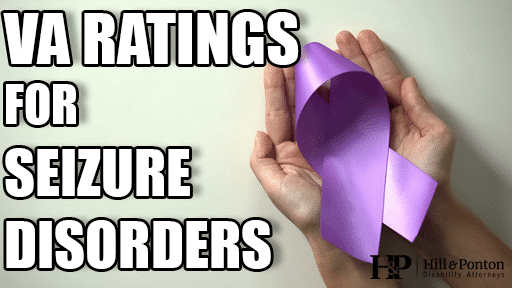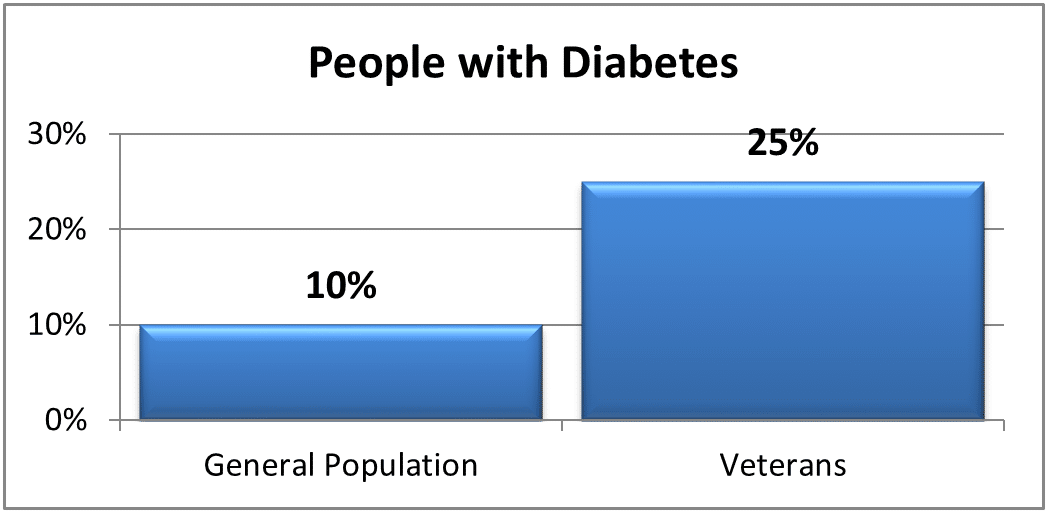For many years, doctors have used a group of medicines called opioids to help people with pain.
These medicines, which come from the poppy plant, have been around for a very long time.
They can be very helpful when used correctly, but they also have risks.
Some people, including many of our brave veterans, have faced challenges because of these medicines.
This article will help explain why opioids are used, the problems they can cause, and how they’ve impacted our military community.
We want to offer a clear and caring look at this topic, recognizing the struggles some veterans face and offering hope and information.
Why Are Opioids Prescribed?
When we get hurt or feel strong pain, doctors often look for the best ways to help us feel better.
One of the tools they have used for a long time is opioids. Let’s dive deeper into why these medicines are chosen and what we should be aware of.
Medical Benefits
- Pain Management: Opioids have a special way of working in our brains. They connect to places called receptors, which help block the feeling of pain. This makes them powerful tools, especially for people who are in a lot of pain from injuries, surgeries, or conditions like cancer.
- Common Uses: Besides severe pain, opioids are sometimes given for milder aches like headaches or back pain. In the past, they were even found in some cough medicines, because they can also help to reduce coughing.
Risks and Concerns
- Addiction: One of the biggest concerns about opioids is that they can be very addictive. This means that over time, some people might feel like they need to take more of the medicine to get the same relief. Or, they might find it hard to stop taking the medicine even if they want to.
- Misunderstandings: There’s a belief that medicines given by doctors are always safe. While they can be safe when used correctly, problems arise if they’re misused. For instance, taking more than recommended or using someone else’s medicine can be harmful.
In understanding why opioids are given, it’s also important to know their risks.
This helps patients and their families make informed choices about their health.
For our veterans, knowing the full story about opioids can be a key part of managing their well-being.
The Connection: Military Veterans and Opioid Use
Many of our veterans return home carrying not only the weight of their heroic service but also physical and emotional pain.
Seeking relief, some have turned to medical help, including opioids.
However, this journey with opioids has been complicated.
Origins of the Issue
- Easing the Pain: Doctors always want the best for their patients. They want to reduce pain and help them live comfortably. Opioids seemed like a good solution, especially for veterans who experienced intense pain. As a result, many veterans were prescribed these medications.
- Rise in Prescriptions: It wasn’t just doctors at the VA. Many medical professionals, seeing the benefits, began prescribing opioids more frequently. For a time, these drugs became the go-to solution for various pain-related problems.
The Current Scenario
- Misuse and Consequences: A study at Fort Bragg shed light on a concerning trend: nearly half of the opioid prescriptions were not being used as intended. This misuse can lead to dangerous outcomes, including addiction.
- Economic and Health Impact: Opioids aren’t cheap. When veterans couldn’t access or afford prescribed opioids, some looked for alternatives, even if it meant turning to riskier street drugs. This switch not only posed health threats but also placed a financial burden on many.
Understanding the depth of the opioid issue within the veteran community is essential.
It reminds us that behind every statistic is a real person, a hero, who might be struggling.
By grasping the roots and current state of this challenge, we can better work towards solutions that truly support our veterans.
Consequences for Veterans and the Larger Community
The effects of opioid use and misuse ripple beyond individual veterans, touching families and communities as a whole.
It’s a web of interconnected consequences, and understanding this helps us see the bigger picture of the challenge we’re facing.
The Commission on Care Report (2016)
- Shedding Light: This report was a wakeup call. It highlighted treatment problems at the VA and in the military, especially related to prescription habits. The findings were concerning, drawing attention to how deeply rooted the issue had become.
- Impact on Service Records: Many veterans, due to struggles with opioids, ended up receiving less than Honorable discharges. This isn’t just about a title; it affects their eligibility for benefits. Without these benefits, life post-service becomes even more challenging.
Ripple Effects
- Substance Abuse: Veterans facing untreated pain or emotional trauma might turn to opioids for relief. Over time, this can lead to dependency and addiction, creating a cycle that’s tough to break.
- Homelessness and Mental Health: The link between substance abuse and homelessness among veterans is evident. When life’s pressures build up – from the lack of benefits to the weight of addiction – it can lead to feelings of despair. Tragically, this has contributed to higher rates of homelessness and mental health issues, including depression and suicide, among our veterans.
The consequences stretch far and wide, reminding us of the importance of timely interventions and comprehensive care.
Every veteran deserves understanding, support, and the best possible avenues for healing and recovery.
The VA’s Response to the Opioid Crisis
Recognizing the urgency of the opioid situation, the Veterans Affairs (VA) has taken steps to address the challenges faced by our veterans.
Their actions aim to provide safer treatments and foster better health outcomes for our military community.
Initiatives and Programs
- Opioid Therapy Risk Report: Launched in 2015, this tool is now in use at all VA medical centers. It provides detailed information about narcotic dosages, potential medical issues that could arise, and data that helps monitor and manage complex patient needs.
- VA’s Opioid Safety Initiative: This ambitious program began in 2012. Its goal? Reduce the number of patients receiving opioid medications. Since its inception, this initiative has successfully lowered the number of patients on opioids by almost 100,000.
Assessing Effectiveness
- Progress Made: The numbers speak volumes. With fewer veterans on opioid prescriptions, the VA is making headway in addressing the crisis. However, the fight is far from over.
- Gaps and Future Directions: While significant strides have been made, more needs to be done. Many veterans, previously on opioids, now seek effective alternative treatments. How is the VA stepping up to provide these alternatives? And what additional support can be provided to those affected by the crisis?
The VA’s response to the opioid crisis shows commitment and progress.
However, the journey towards fully supporting every veteran impacted by this issue continues.
Together, with informed strategies and steadfast dedication, we can hope for a future where all veterans receive the care and respect they deserve.
Seeking Alternatives: Managing Pain Beyond Opioids
Addressing the opioid challenge also means exploring and offering other methods to manage pain.
These alternatives aim to treat pain at its root while ensuring the well-being and safety of our veterans.
Holistic Approaches at the VA
- Pain Management Clinics: VA healthcare systems have established specialized clinics that offer a range of treatments. These clinics aim to understand the root cause of the pain and provide comprehensive care.
- Diverse Treatment Modalities: From physical therapy and aquatic therapy to yoga and meditation, these clinics offer an array of treatments tailored to the individual needs of veterans.
- Emphasizing Education: It’s essential that veterans understand their pain and the available treatments. By actively involving them in decision-making processes, the VA hopes to empower veterans to take charge of their health.
Veterans Have a Voice
- Active Participation: If you or a loved one is a veteran seeking treatment for pain, know that there are options. Speak up, discuss concerns with medical professionals, and explore alternatives.
- Understanding Pain: Painkillers, including opioids, often address the symptoms but not the cause. By understanding the origins of pain and working closely with healthcare teams, veterans can discover more effective and safer ways to manage and alleviate discomfort.
The journey with opioids in the veteran community is a testament to the complex challenges that arise when seeking relief from pain.
While these drugs have offered benefits, their risks have become undeniable.
The VA’s active steps towards addressing the opioid crisis and their push for alternative treatments underline the commitment to the health and well-being of our heroes.
As a community, our role is to stay informed, support initiatives that prioritize veterans’ health, and ensure that every veteran, no matter their struggle, feels seen, heard, and cared for.
Have Questions About Appealing Your Claim or Understanding How the Claims Process Works?
The attorneys at Hill & Ponton are here to support you with appealing a claim to get migraine benefits.
If you are intending to appeal a denied claim, you can contact us for an evaluation and we can help you with this process.
However, if you are considering filing an initial claim, or even if you are interested in learning about the appeals process, we offer a free ebook to get you started on the right foot!
The Road to VA Compensation Benefits will help break down the claims process from start to finish. Click the link below to learn more.





